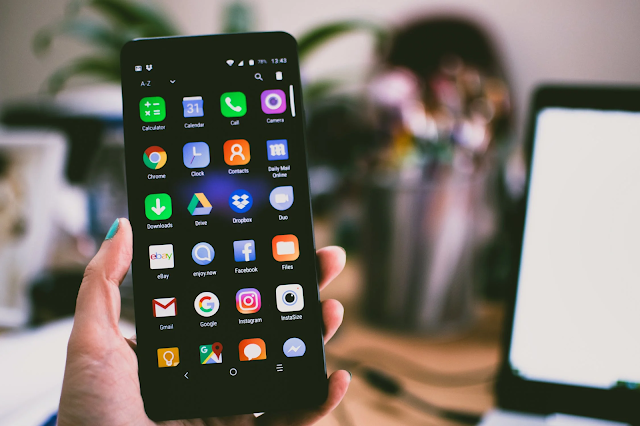Today, technological advancements not only allow people to communicate but also charge their phones wirelessly, using Baseus power banks and wireless chargers. Top phone brands like iPhone, Samsung, Nokia, and Huawei have already rolled out wireless technology on their devices.
Wireless chargers are used to charge their smartphones, smartwatches, earphones and other devices. Nevertheless, people still find it difficult to find the right wireless chargers for their phones. Here is important information about how a wireless charger works, standards to consider when selecting a Baseus wireless charger and the pros and cons of wireless chargers.How do Wireless Chargers Work?
The charger works by creating an electromagnetic field that can be transmitted to a device. Once in the device, the field is converted into direct current (DC) to charge the built-in battery.Many technologies operate wireless chargers. Nevertheless, the most commonly used technology is the Qi.
It is advisable to check the technology your device supports before buying a charger. A technology not compatible with your device will not work.
Standards to Consider When Selecting a Wireless Charger
When selecting a charger for your device, here are important factors to consider.1. Wattage
The first thing to consider when selecting a charger is determining its wattage. Compare the charger’s wattage with your phone’s wattage requirements to determine if it can charge your device.Wattage requirements for a device vary from one brand to another. The market has plenty of devices that require different power levels, ranging from low-wattage devices to high-wattage devices. For instance, Google pixel i3 has a wattage requirement of 18 watts to charge quickly. Wireless chargers using Qi technology provide a maximum wattage of 15 watts.
The average power needed to charge different mobile phones is 10 watts. While some devices will charge slowly, others will charge quickly.
2. Connector Type
Different brands have varying charging pad plugin options. Some options have adapters, while others offer proprietary jacks.The micro USB port or USB-C port is needed to plug in the charger. It is advisable to have a standard charger to use in case the original one gets damaged.
If the charger has a wall adapter, it must ensure it provides the needed wattage. That means that if the charger provides 5 watts, the charger only works at 5 watts and not any other.
3. Charger Design
There are two main charger designs: flat pad design and phone stand design. You can choose either design, depending on your preferences, needs and requirements.When using the pad design, the phone lays flat over the pad. On the contrary, the phone is put on a semi-upright angle when using the stand design. The stand design is convenient as it allows users to view their screen without bending over or picking it up.
4. Brand
There are multiple brands of wireless chargers in the market today. While all wireless chargers work the same way, some brands have a higher quality than others.That said, you should acquire a charger from a reputable brand instead of buying cheap and unknown brands that can do more harm than good to your devices. In most cases, cheaper brands are often low-quality products.
It is best to use a charger of the same brand as your phone because of its numerous benefits. For instance, the Google pixel wireless charger makes the phone a makeshift alarm and can be used as a digital photo frame.
Pros and Cons of Using Wireless Chargers
All electronic gadgets have their fair share of advantages and disadvantages. The following are the pros and cons of using wireless chargers.Pros
- By eliminating the need to connect and disconnect wires, wireless chargers offer convenience for people who receive many calls in a day.
- Unlike charging wires, wireless chargers are not prone to damage after some time due to constant use.
- Wireless chargers are compatible with nearly all brands, enabling you to charge any phone.
- The absence of wires helps to keep a table clear of charging wires.
Cons
- Wireless chargers have lower performance than their conventional counterparts. As such, they take a longer time to charge a device.
- Your phone will stop charging if you pick up the phone to make a call.

No comments:
Post a Comment